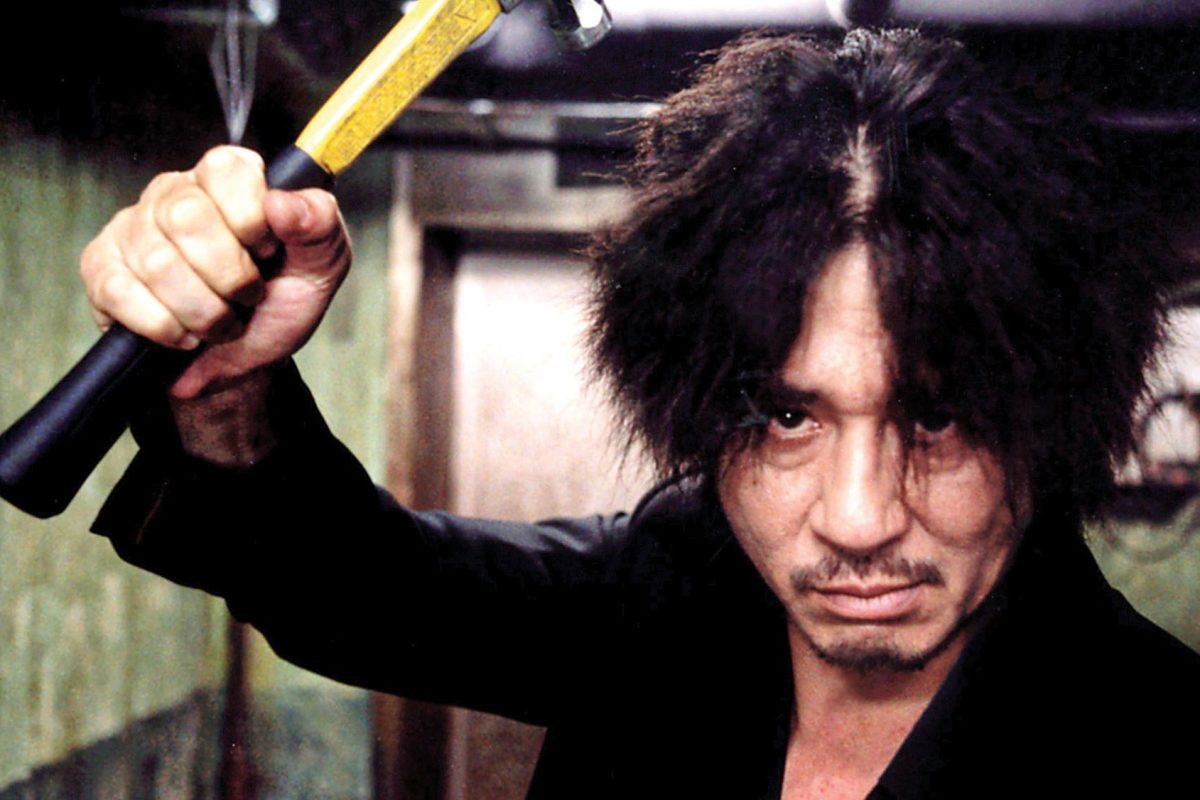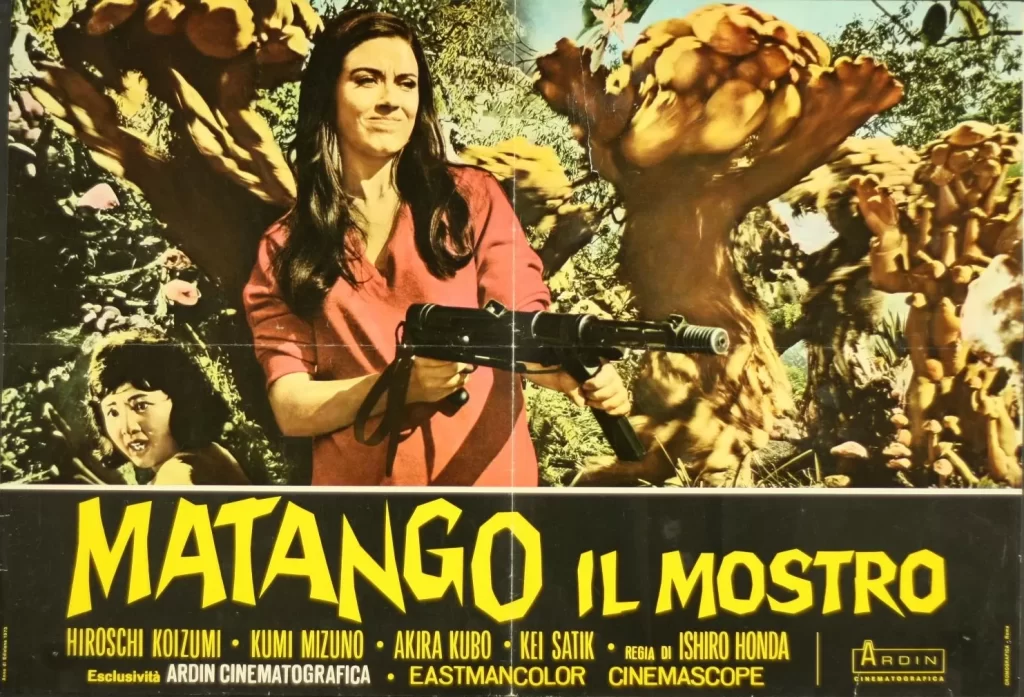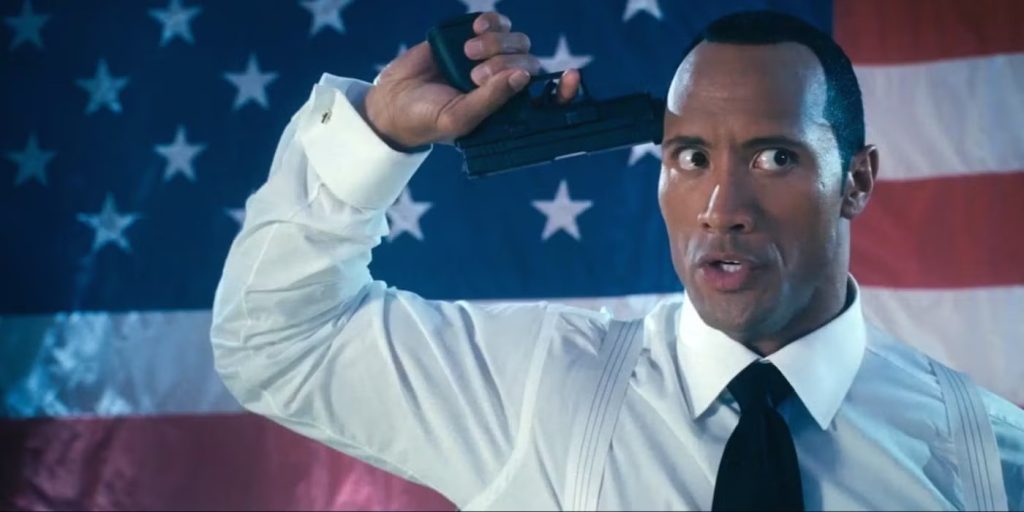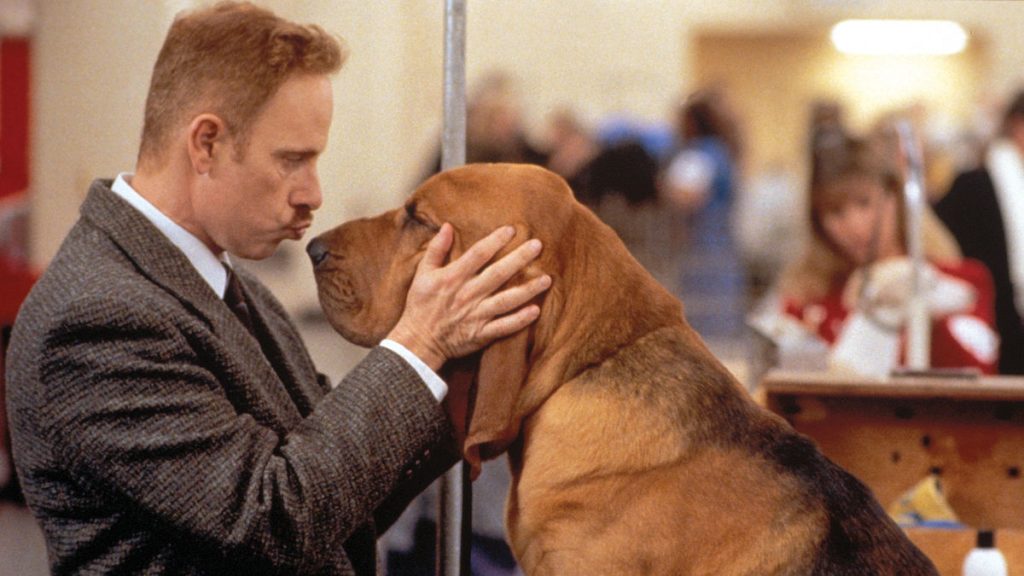Bless, or perhaps pity, the director who dares to remake an undisputed classic. It’s one of the more thankless tasks in cinema, trying to put a new spin on something that has already widely been accepted as perfect and translating a non-English film into something for the so-called masses of Hollywood is an extra level of pain. For every The Departed or The Birdcage, there’s a The Vanishing or City of Angels. Knowledgeable audiences are all too aware of the achievement gap at play in these instances, and they’re seldom forgiving when the remake falls short. When Spike Lee, one of the greatest directors alive, decided to adapt the icon of modern South Korean film for America, many wondered if he could break the curse. On the surface, it seemed as though he’d fallen well short of expectations. In hindsight — ten years on from that remake and two decades from its startling original — there is much more to chew on than first suggested.
It’s hard to overstate the seismic impact that Oldboy had on the world of film. Park Chan-wook’s revenge thriller, adapted loosely from a Japanese manga, blew the doors off the 20th century and ushered in a new era of South Korean cinema that forced America to up its game. The story of a man seeking vengeance on those who mysteriously held him captive for 15 years pummelled well-worn genre tropes at every turn. The end result was an Oedipal nightmare of ultraviolence, operatic emotions, and the most scathing takedown of the macho hero cliché in decades.
We see very little of Oh Dae-su (Choi Min-sik), the seemingly normal businessman at the heart of Oldboy, before he’s kidnapped and sealed in a hotel room. Over the course of 15 years, he is unable to escape, even through attempted suicide, and instead, he whittles himself away to a deranged fighting machine while the years pass and he discovers his wife has been murdered. In 2003, with no announcement, Dae-su is sedated and dumped on a rooftop, free to fulfill his vengeance. His captor wants him to win, and his new young paramour Mi-do (Kang Hye-jung) is eager to help.
Long before Dae-su achieves his mission, we know that none of this will end well. Park, who had already made the taut Mr. Vengeance and JSA: Joint Security Area, knew a thing or two about the magic of a doomed hero. Victory is seldom sweet because the journey to attain it is brutal, and the human spirit can only take so much brutality before welcoming the sweet embrace of nothingness. When Dae-su is hurt or hurts someone, which he does with dizzying frequency, we feel every iota of pain. The infamous hallway scene, where Dae-su batters multiple goons with a hammer, is a balletic frenzy that tricks the audience into being thrilled by this revenge mission before immediately being reminded of the total lack of satisfaction it offers our so-called hero. For him, life is so devoid of meaning that he can eat a live octopus and barely flinch at the grotesquery of his own existence. His hunt for revenge motivates him but none of it is truly in his control. He’s no superman; he’s a puppet from beginning to end.
You can’t look away from any of it either. Park’s camera is unflinching, gazing into the extremities of human emotions as much as those of the body. Teeth are pulled out and faces beaten in; there’s an attempted rape, and a tongue ritualistically cut out of a man’s mouth by his own hand. It’s disturbing, as violence is supposed to be, and scored to classical music that would be better suited to a period drama than a revenge thriller. You can’t imagine Schwarzenegger or the Fast and Furious boys trying any of this without pulling their punches. Everything about Oldboy feels so anti-Hollywood that the sheer idea of a remake couldn’t help but seem ludicrous. Of course, that’s never stopped studio executives before. So, a decade after Park broke down the doors, America sent Spike Lee through them.
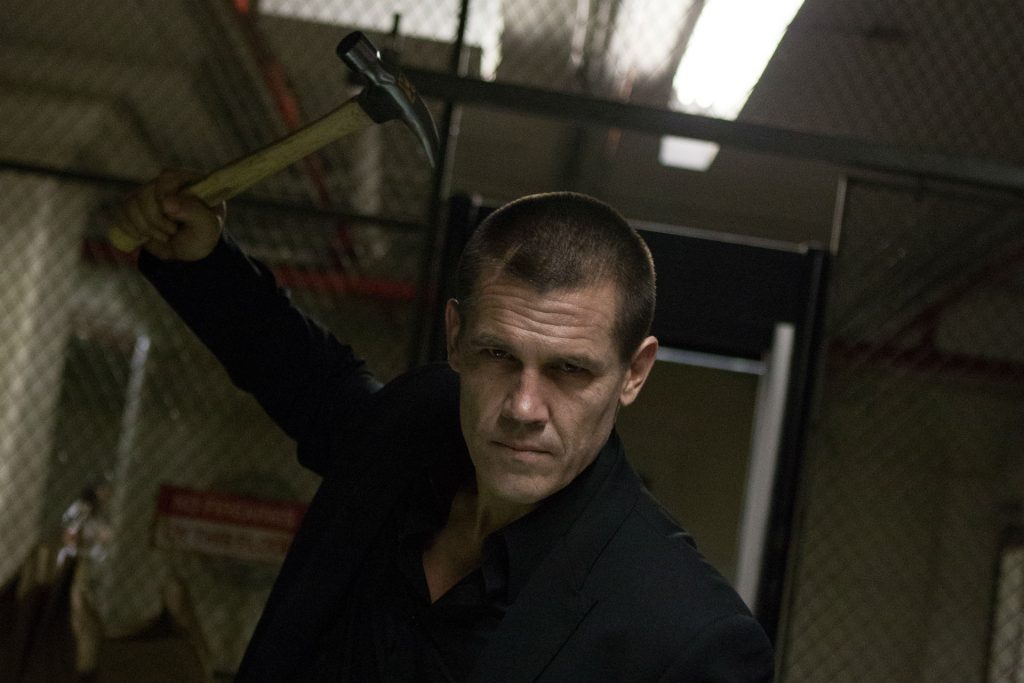
Lee is a thoroughly American filmmaker. His work has always engaged with the cinematic and social history of the country through the eyes of the Black experience. Where Hollywood has gone, Lee has followed with the red pen to correct its many errors. Bamboozled is as much an indictment of the film industry’s origins as it is a rousing screed against modern entertainment’s repackaging of racism as teatime fare for the masses. When Clint Eastwood’s Flags of Our Fathers offered an all-white look into World War Two, Lee fired back with Miracle at St. Anna. Even Inside Man, ostensibly his most mainstream film, contains barbs directed at the continued commodification of violence. Tackling something so undeniably Korean as Oldboy was no mean feat. It rejected everything that a company like DreamWorks (who initially procured the rights) would desire from a major IP.
Indeed, many of the reviews took umbrage with Lee’s Oldboy for its apparent Hollywoodizing of the material, toning down the violence and struggling to offer anything new to the narrative. The protagonist was softened into a more sympathetic figure before the imprisonment, which many thought was a cop-out, and the more entangled plot details were simplified. Lee himself wasn’t happy with the end product, which was sliced up in the editing room and led to him removing the “Spike Lee Joint” credit that defines his work. It was written off as a failure for Lee and the concept of an Oldboy remake, but to dismiss it so thoroughly does an injustice to an always-fascinating filmmaker, who still managed to put his own stamp onto what ended up being one of the weirdest mainstream Hollywood films of 2013.
In Lee’s Oldboy, Dae-su is now Joe Doucett (Josh Brolin), an alcoholic advertising executive who is locked away for 20 years instead of 15. Time passes and Joe hones himself into a brutal, single-minded fighter. The montage of the news already felt like a Spike homage in Park’s film with its frenetic condensing of social change, and Lee only strengthens it. After his sentence ends, he is dumped into the real world via a Louis Vuitton suitcase, armed only with a cell phone and several thousand dollars. He must uncover why he was imprisoned for two decades, as a nameless stranger taunts him throughout. Help comes in the form of Marie Sebastian (Elizabeth Olsen), and things unfold in the Oldboy way. Well, almost.
Lee removes the hypnosis element and builds the torture of Joe as more an act of agonizingly precise grooming. This is a puzzle, like Dae-su’s ordeal, but designed more to be one of overwhelming humility than humiliation, albeit with the incest still front and center. Joe refines himself into the ultimate revenge machine, as in the original, and there are fight scenes aplomb, which Lee has always been excellent at yet never truly celebrated for. Still, he’s no superhero, which Dae-su often feels like when his fighting skills come to the forefront. Joe feels incredibly human, all things considered, less a metaphor for the pain of humanity than a living, breathing example of it. We’ve seen his life before this fate befell him, including his wife and daughter. The stakes are high.
While Park’s film is not devoid of perilously black humor (the squid curling around Dae-su’s lip as he munches on it, for example), its power lies in how much it takes itself seriously. A tale of multi-layered hypnosis designed to end in incest is beyond ludicrous, yet you buy it because Park makes it seem like the most important examination of human emotion ever made. Lee, by contrast, happily holds out his hands and asks his audience if they can believe this sh*t.
He seems keenly aware that, if you were to describe the plot of Oldboy to someone who had never seen it, the chances are they’d roll their eyes. So, why not up the melodrama and revel in it? Sharlto Copley’s performance as the antagonist is a step up from a Saturday morning cartoon villain. His backstory is even bleaker than that of the original character, with Lee adding father-child abuse, yet Copley acts like a man who has fallen so far into insanity that nothing can harm him. Oldboy was based on a comic and that seems most evident in his scenes: sometimes, you need a classic bad guy, complete with an effete accent and penchant for theatricality, to drive home the true vision of madness.
Sometimes, Lee’s Oldboy feels like Gus Van Sant’s Psycho, with both films channeling quite clearly the issues of remaking something so iconic that audiences will hate you regardless of quality. Yet where Van Sant went for experimental camp, Lee is more concerned with turning the volume up and making you pay attention. This is the kind of stuff you only get away with in the movies. His Oldboy wants to add a grittier foundation to the characters’ motivations while simultaneously amplifying the tonal twists into something of giddy absurdity. Park made opera; Lee made farce. Do you weep in the face of oblivion or laugh? Either option works.
